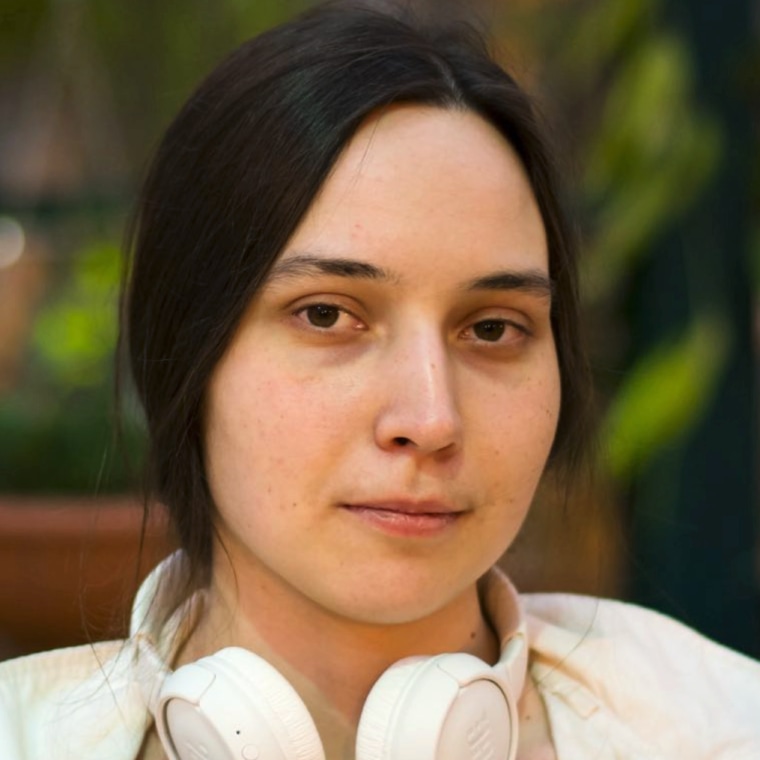The future of a potentially groundbreaking cancer detection tool hangs in the balance, as the only scientist able to unlock its full potential sits inside a Louisiana immigration detention center, awaiting possible deportation to Russia.
Researchers at Harvard Medical School’s Kirschner Lab say they are unable to use their one-of-a-kind cancer-detecting microscope without Kseniia Petrova, a Russian-born scientist who developed the computer scripts used to analyze its images.
Dr. William Trim, a postdoctoral fellow who is a co-worker and housemate of Petrova, told NBC News that the 30-year-old Petrova plays an irreplaceable role in their research project. “I’m very confident she is the only way we can achieve the true potential of this microscope and the insights we could make,” Trim said. “Without her, I fully believe that all the insights into cures or fundamental biology that we could make will not be made.”

On Feb. 16, Petrova was detained by Customs and Border Protection at Boston’s Logan International Airport after she arrived from France and failed to declare samples of frog embryos intended to be used in scientific research at Harvard.
Gregory Romanovsky, Petrova’s lawyer, said that CBP typically issues two penalties for such violations: the forfeiture of the items and a fine of $50 to $500. Instead, authorities canceled Petrova’s J-1 scholar visa and sent her to a detention center hundreds of miles away.
On Monday, a Department of Homeland Security spokesperson told NBC News that Petrova had been “lawfully detained after lying to federal officers about carrying substances into the country.”
Patrova is now being held at Richwood Correctional Center in Monroe, Louisiana, and fighting possible deportation to Russia, where she said she fears persecution over her protests against the war in Ukraine.
Late last month, 17 senators, led by Adam Schiff of California, wrote a letter to Homeland Security Secretary Kristi Noem and U.S. Immigration and Customs Enforcement acting Director Todd Lyons urging them to release Petrova. “We are deeply concerned about the possibility that Petrova could face persecution if deported to Russia,” the letter read. “We urge the Administration to ensure full due process in her case and take all appropriate and necessary measures to ensure she is not deported to Russia.”
Without her, I fully believe that all the insights into cures or fundamental biology that we could make will not be made.”
Dr. William Trim
Romanovsky said his client’s arrest “appears to be part of a broader effort to create an unwelcoming and hostile environment for noncitizens.” In recent weeks, the Trump administration has continued to target international students as part of its crackdown on immigration. At least 1,024 students at 160 institutions have had their visas revoked or their legal status terminated since late March, according to The Associated Press.
Dr. Leon Peshkin, a principal research scientist at Harvard’s Department of Systems Biology, told NBC News the Trump administration’s policies are already discouraging international scientists from coming to Harvard. “I’m not concerned that it may,” he said. “I am horrified that it does.”
Petrova is scheduled for a hearing next month, where she will present her case for asylum to an immigration judge. Speaking to NBC News from the Louisiana facility, Petrova described the immigration bureaucracy as “a grinding machine.”
“We are in this machine, and it doesn’t care if you have a visa, a green card, or any particular story,” she continued. “It just keeps going.”
